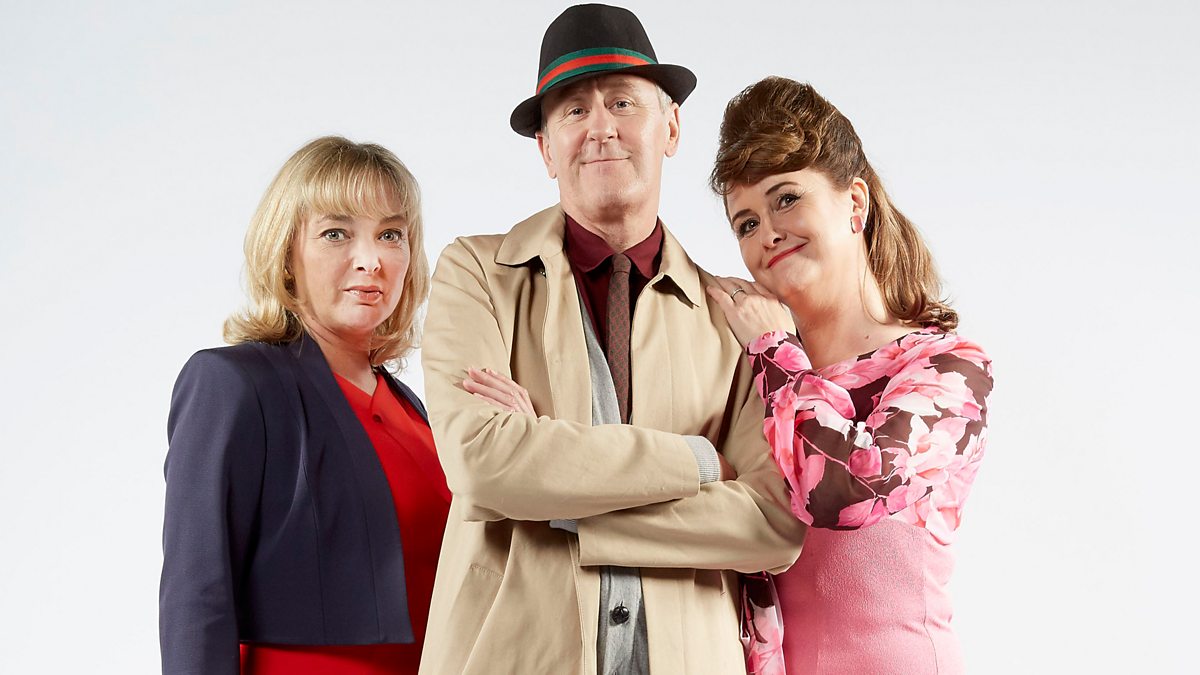I have seen four of these so far and have been pleasantly surprised.
The approaches have been imaginative and innovative and the acting and scripts have mainly been good.
http://www.bbc.co.uk/mediacentre/lat.../sitcom-season
The approaches have been imaginative and innovative and the acting and scripts have mainly been good.
http://www.bbc.co.uk/mediacentre/lat.../sitcom-season


Comment